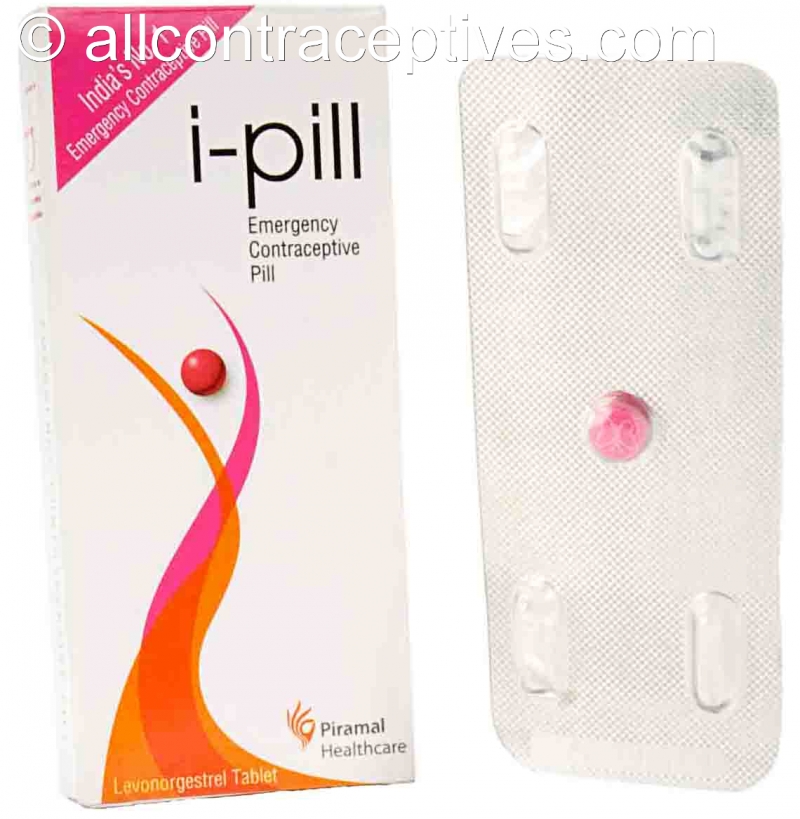I Pill Tablet Uses And Side Effects

Unplanned pregnancies continue to be a significant concern globally, impacting women's health, socioeconomic circumstances, and overall well-being. The I-Pill, a widely available emergency contraceptive, offers a crucial option for preventing pregnancy after unprotected intercourse. However, understanding its appropriate use, potential side effects, and limitations is paramount for informed decision-making and responsible reproductive health management.
This article delves into the uses of I-Pill, exploring its mechanism of action, efficacy, and potential side effects. It aims to provide a comprehensive overview, drawing from medical literature and expert opinions, to empower individuals with the knowledge necessary for making informed choices regarding emergency contraception and reproductive health.
Understanding I-Pill: Mechanism and Efficacy
I-Pill, also known as the morning-after pill, is an emergency contraceptive containing a synthetic progestin called levonorgestrel. It works primarily by preventing or delaying ovulation, the release of an egg from the ovary. If ovulation has already occurred, I-Pill may also interfere with fertilization or implantation of a fertilized egg.
The efficacy of I-Pill is highest when taken as soon as possible after unprotected intercourse. According to the World Health Organization (WHO), when taken within 72 hours (three days) of unprotected sex, it can prevent approximately 84% of expected pregnancies. However, its effectiveness decreases with time, making prompt action crucial.
It is important to note that I-Pill is not an abortion pill. It will not terminate an existing pregnancy. Its sole purpose is to prevent a pregnancy from occurring in the first place following unprotected sex.
Proper Use and Dosage
I-Pill is typically available over-the-counter in many countries, but regulations may vary. It is crucial to carefully read the instructions provided with the medication before use. The standard dosage is a single tablet of 1.5 mg of levonorgestrel taken orally.
The medication should be taken as soon as possible, ideally within 24 hours, but no later than 72 hours after unprotected intercourse. If vomiting occurs within two hours of taking the pill, another dose should be taken immediately. Consult a healthcare professional for guidance if unsure.
I-Pill is not intended for routine use as a primary method of contraception. Regular use can disrupt the menstrual cycle and may reduce its effectiveness. It is always recommended to use reliable and consistent forms of contraception, such as condoms or hormonal birth control, for ongoing pregnancy prevention.
Potential Side Effects
Like all medications, I-Pill can cause side effects, although not everyone experiences them. Common side effects include nausea, vomiting, abdominal pain, fatigue, headache, dizziness, and breast tenderness. These side effects are usually mild and temporary, resolving within a few days.
Some women may experience changes in their menstrual cycle after taking I-Pill. This can manifest as irregular bleeding, spotting, or a delay in the next period. If a period is more than a week late, a pregnancy test is recommended to rule out pregnancy.
Serious side effects from I-Pill are rare. However, individuals with certain medical conditions, such as allergies to levonorgestrel or a history of ectopic pregnancy, should consult a healthcare professional before using the medication. It is vital to seek immediate medical attention if you experience severe abdominal pain, chest pain, shortness of breath, or signs of an allergic reaction.
Expert Opinions and Guidelines
Medical organizations, such as the American College of Obstetricians and Gynecologists (ACOG), support the availability and use of emergency contraception, including I-Pill, as a safe and effective method for preventing unintended pregnancies. They emphasize the importance of providing accurate information and counseling to women regarding its proper use and potential side effects.
Dr. [Name], a leading expert in reproductive health, states, "Emergency contraception plays a vital role in preventing unintended pregnancies and empowering women to make informed decisions about their reproductive health. However, it is crucial to emphasize that it is not a substitute for regular contraception."
The WHO provides guidelines on emergency contraception, recommending levonorgestrel-based pills as a safe and effective option. They also stress the importance of access to family planning services and counseling for individuals seeking to prevent unintended pregnancies.
Conclusion: Informed Choices and Responsible Use
I-Pill provides a crucial option for preventing pregnancy after unprotected intercourse, offering a valuable tool for reproductive health management. Understanding its mechanism, appropriate use, and potential side effects is essential for making informed decisions and ensuring its effective and responsible use.
While I-Pill is a safe and effective method of emergency contraception, it is not a substitute for regular contraception. Consistent and reliable methods of contraception, along with access to comprehensive sexual and reproductive health services, are crucial for preventing unintended pregnancies and promoting overall well-being.
Future research should focus on improving access to emergency contraception, particularly in underserved communities, and developing new and improved formulations with fewer side effects. Continued education and awareness campaigns are also essential to ensure that individuals are well-informed about their reproductive health options and can make choices that are right for them.
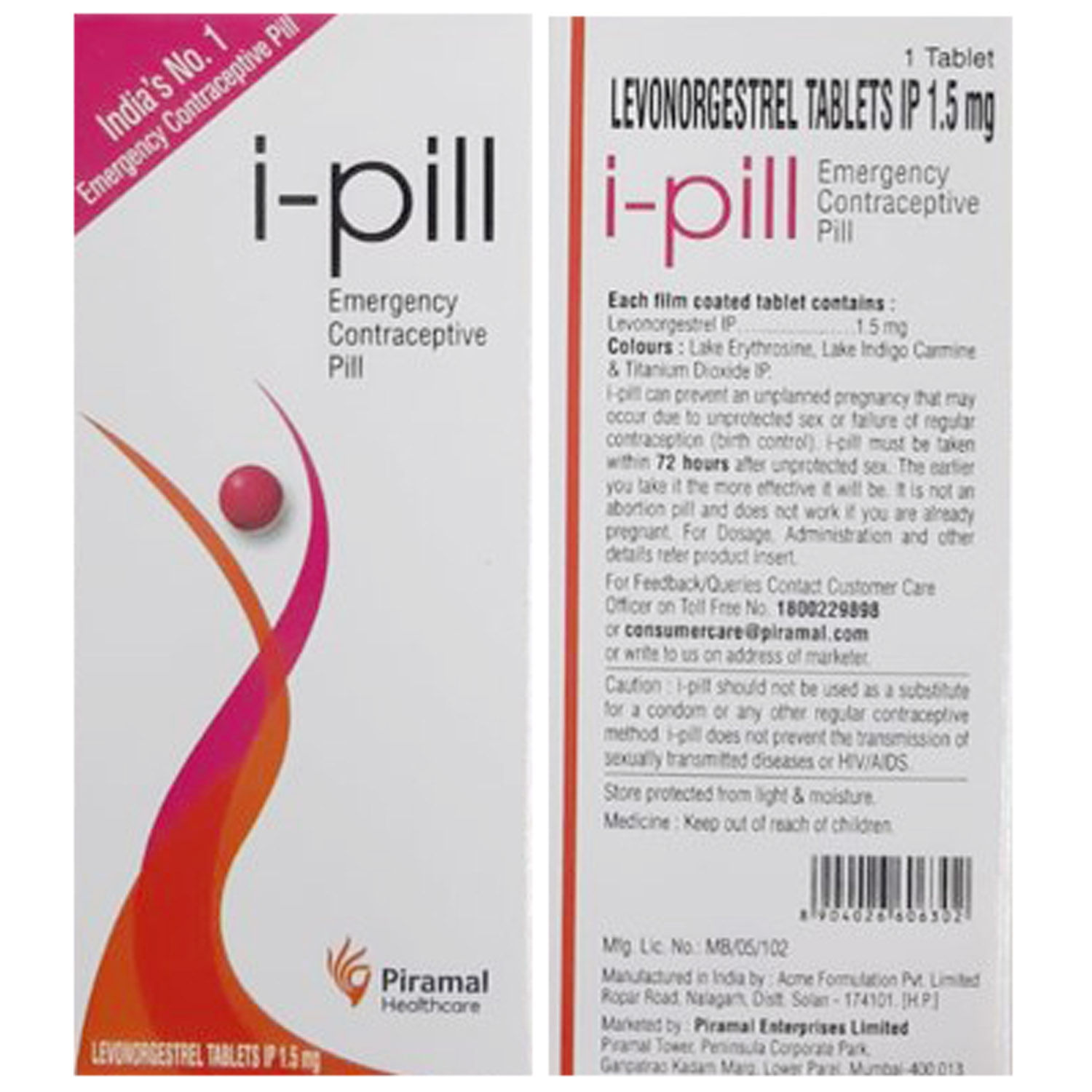



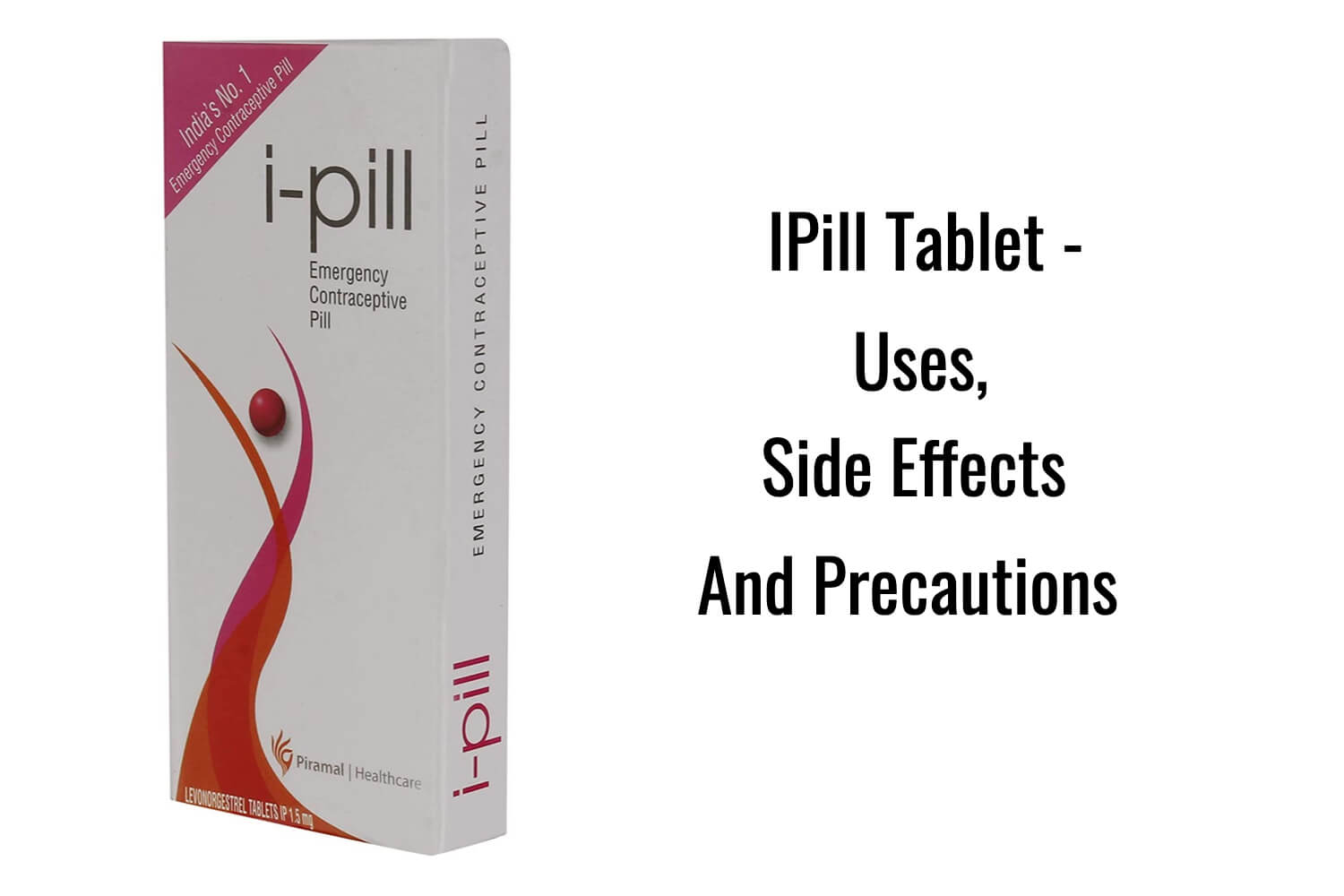


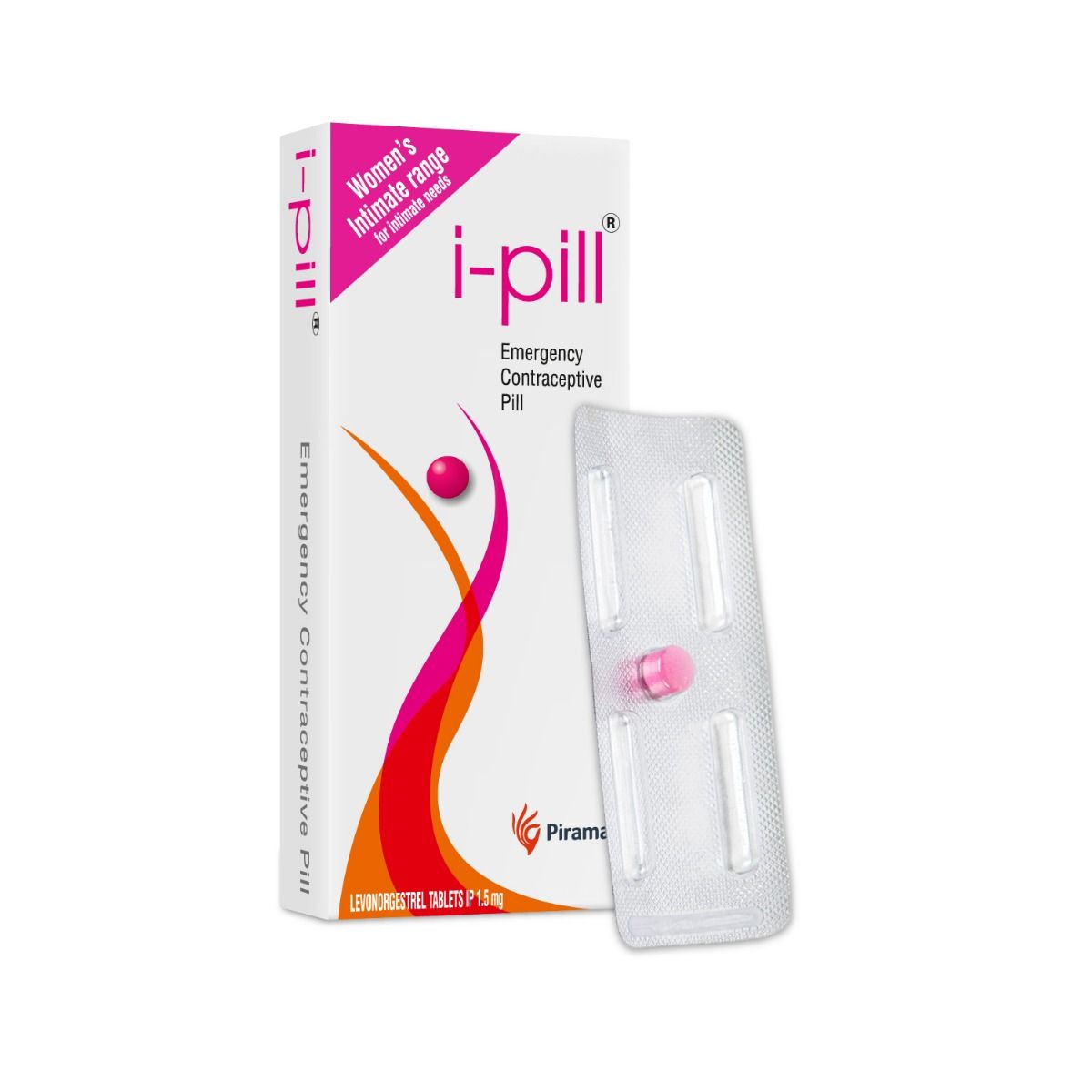
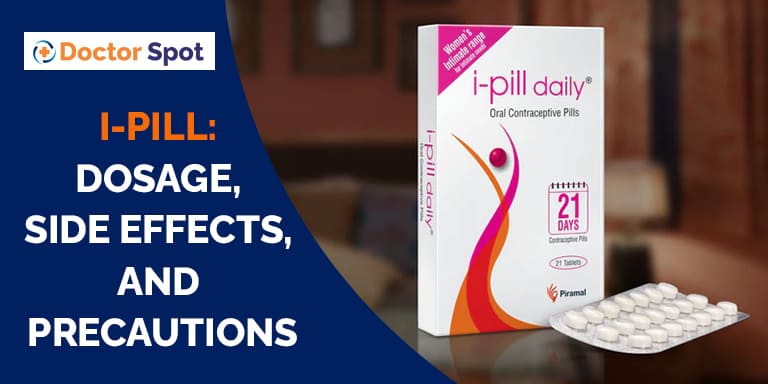
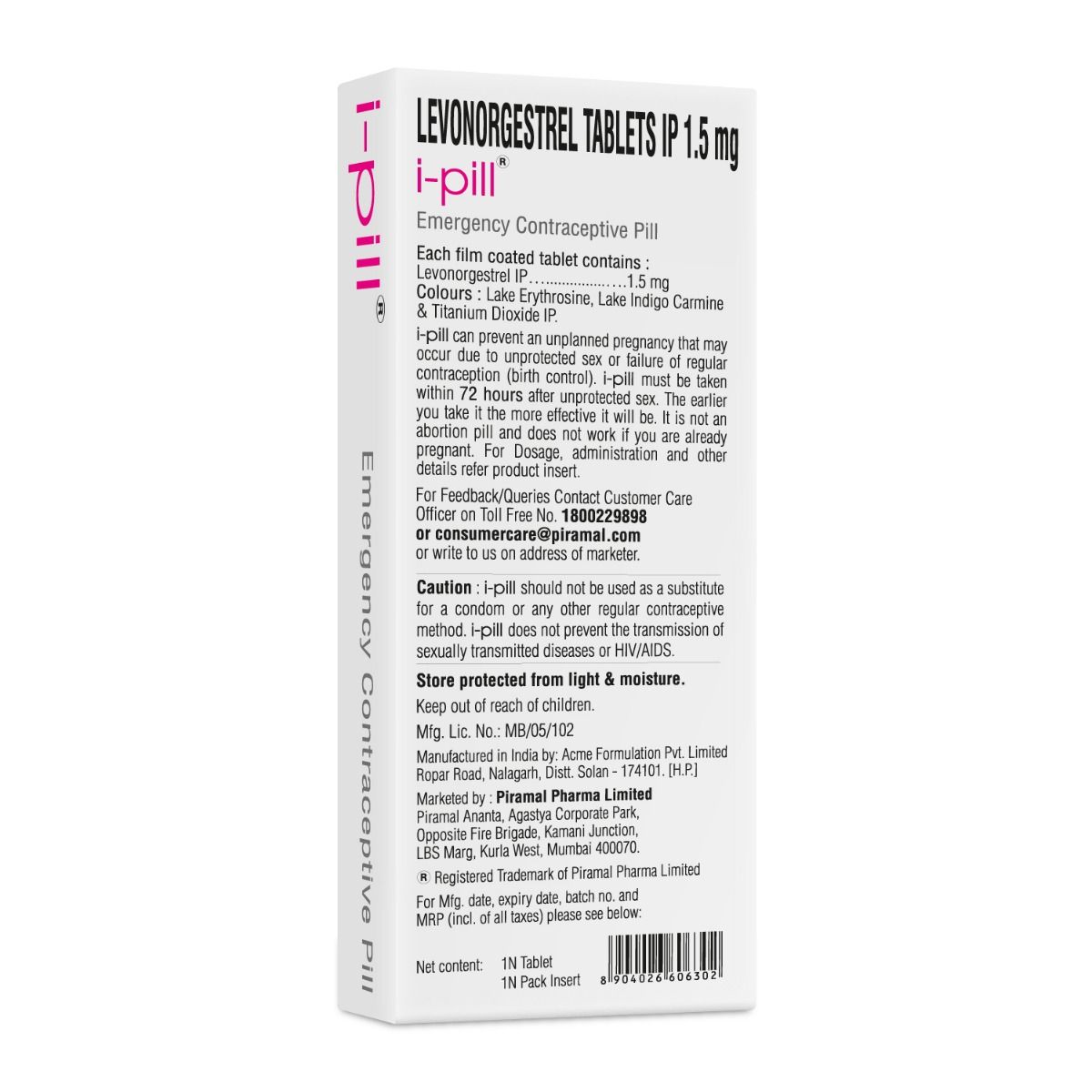


![I Pill Tablet Uses And Side Effects I Pill - Dosage, Price, Side Effects & Risks [+Video]](https://www.vitsupp.com/wp-content/uploads/2017/03/i-pill-uses-dosage-price-sideeffects-and-precautions-2.jpg)


